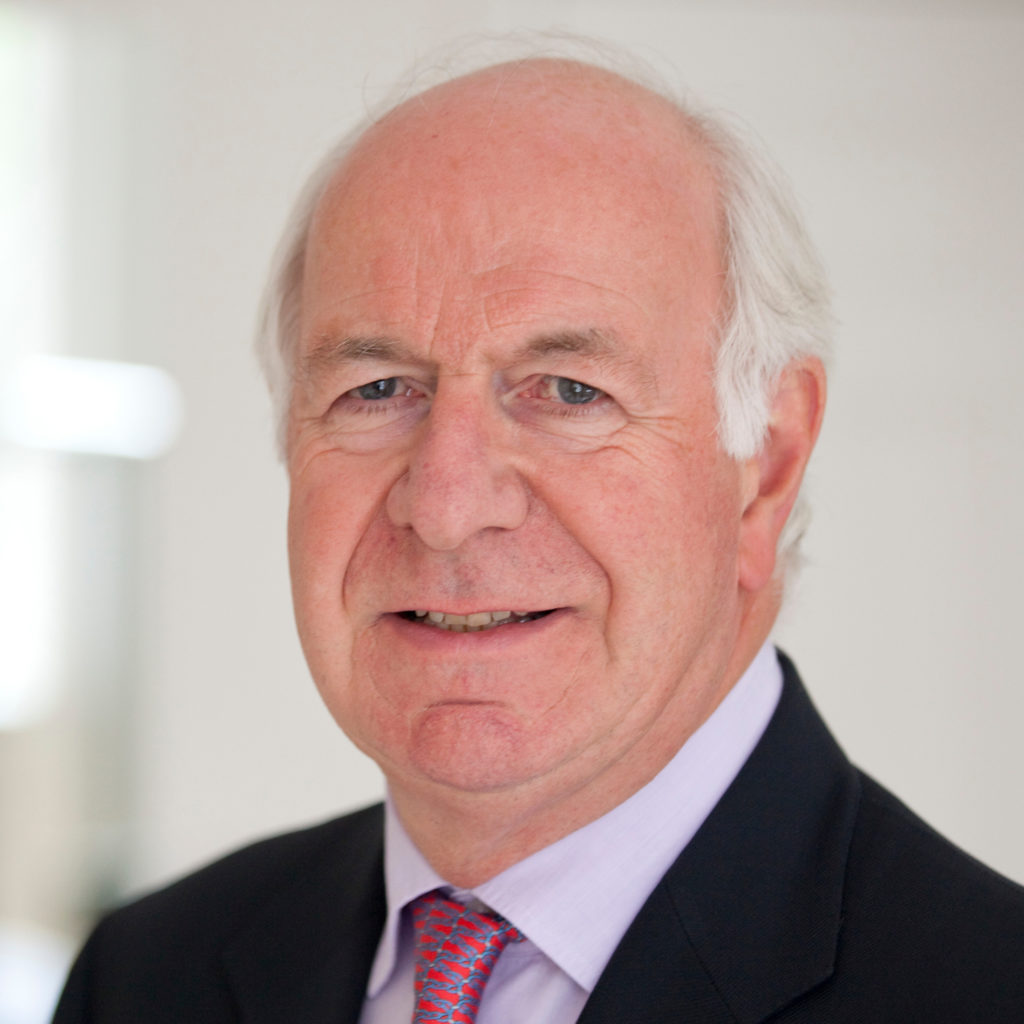medwireNews: Research shows that growth hormone stimulation testing (GHST) failure is more common in children with short stature or impaired linear growth who also have a diagnosis of attention deficit hyperactivity disorder (ADHD).
Ksenia Tonyushkina (Baystate Children’s Hospital and University of Massachusetts Chan Medical School, Springfield, USA) and co-authors report the “intriguing observation” from their chart review of 260 children published in Hormone Research in Paediatrics.
The team reviewed data for children with an intact pituitary who had undergone GHST during evaluation for short stature and/or growth failure between 2002 and 2018. Seventy-eight of the patients had been diagnosed with ADHD and the majority of children with and without ADHD were boys (88.5% and 72.0%, respectively).
The children with ADHD were, on average, older than those without (12.0 vs 10.2 years), taller (133.4 vs 125.1 cm) and weighed more (33.3 vs 28.6 kg), although the two groups were comparable for average height z-score (–2.32 vs –2.34), weight z-score (–1.65 vs –1.83), BMI (18.1 vs 17.3 kg/m2) and BMI z-score (–0.36 vs –0.34).
The authors also note that the children with and without ADHD had similar growth velocities, mid-parental heights, insulin growth factor levels and comparable rates of delayed bone age (82.8 vs 83.7%). There was no difference in the prevalence of hypothyroidism, asthma or other chronic illnesses associated with growth failure in the two groups.
However, children with ADHD were significantly more likely than those without to fail the GHST at three different thresholds, namely GH peak less than 10 ng/mL (63.2 vs 43.5%), GH peak less than 7 ng/mL (39.5 vs 24.6%) and GH peak less than 5 ng/mL (21.1 vs 10.9%).
And the likelihood of failing a GH peak of less than 10 ng/mL generally remained higher in patients with ADHD than those without across age groups, peaking at a significant sex-adjusted odds ratio of 3.20 among children aged 13.1–17.5 years.
On average, children with ADHD had a significantly lower GH level than children without ADHD (10.3 vs 12.7 ng/mL), the researchers say. All children with ADHD who failed the GHST at a peak of less than 10 ng/mL were treated with recombinant human GH, as were 75 of the 79 children without ADHD.
Tonyushkina and co-authors also investigated whether there was a link between use of ADHD medications and GHST failure; all but nine children were using such agents and there was no difference in the GHST failure rate by any use or by use of stimulants versus other types of psychiatric medications, such as nonstimulants, selective serotonin reuptake inhibitors and antipsychotics.
But children who received more than one ADHD medication were more likely than those given monotherapy to fail GHST at peak of less than 10 ng/mL, and indeed all children given combination ADHD therapies did so.
Nevertheless, the researchers caution that there were insufficient numbers of patients with ADHD not receiving medications to truly assess the relationship and, as patients were given the option to withhold ADHD medications before GHST, “[t]he immediate impact of these medications was not possible to assess.”
Tonyushkina and team observe that ADHD is associated with deficits in the prefrontal cortex, caudate and cerebellum. Noting that these regions are connected by neurons using dopamine and norepinephrine – which are thought to play a role in GH regulation – the researchers hypothesize that “our finding of a higher failure rate of GH to respond to GH provocative agents is due to inherent differences in the [dopaminergic] and [noradrenergic] neurons in children with ADHD.”
They conclude: “Whether these findings reflect an impact of the ADHD itself or the effects of the psycho-stimulant medications on the hypothalamic-pituitary regulation of GH needs to be further assessed. It remains unclear whether the higher GHST failure rate in children with ADHD is due to ADHD and/or its treatment or related [constitutional delay in growth and puberty].”
By Lynda Williams
medwireNews is an independent medical news service provided by Springer Healthcare Ltd. © 2023 Springer Healthcare Ltd, part of the Springer Nature Group

